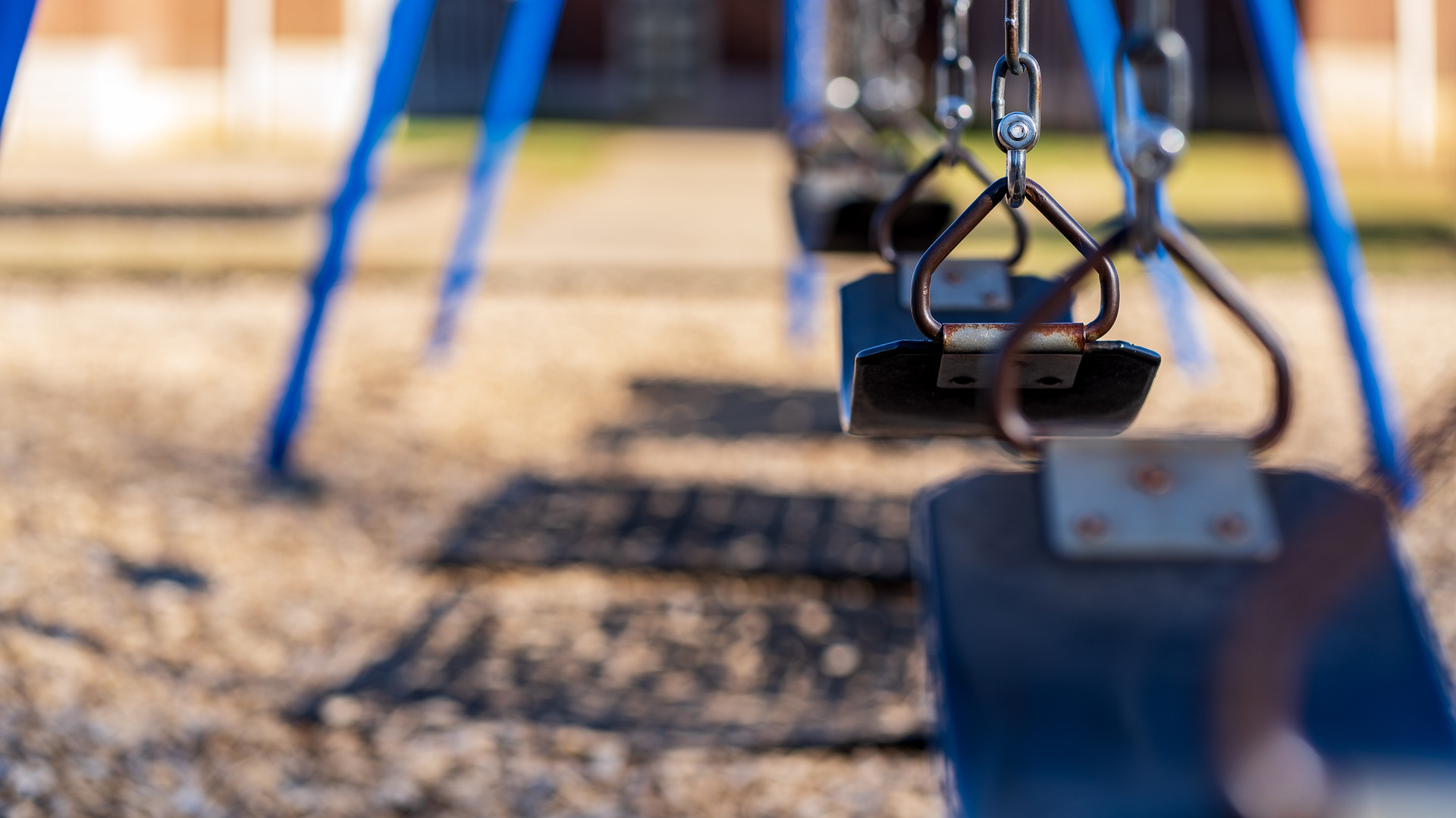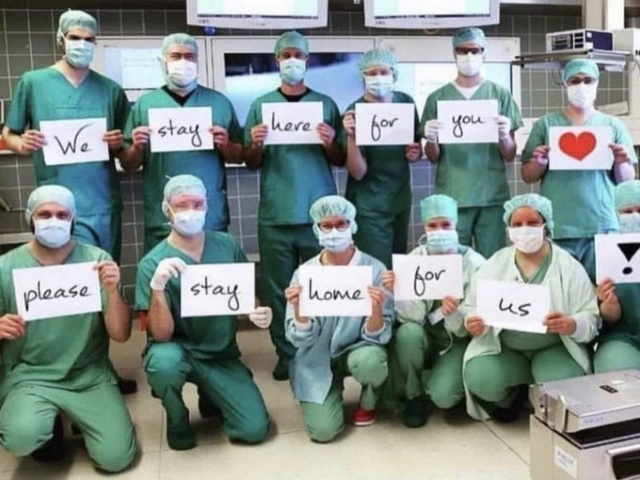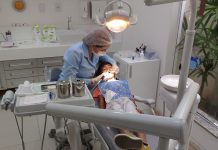There is an overwhelming amount of information coming out about COVID-19 daily, so we partnered with UAB Medicine to share straight from an expert. Dr. Ellen Eaton specializes in infectious diseases, and she was happy to lend her expertise in hopes that Birmingham families can gain a greater understanding of what can be done to slow the spread of this virus.

What does an ideal quarantine look like?
A quarantine should involve only the people within your household. This means that if someone isn’t living under your roof, that person shouldn’t come inside, use bathroom facilities, or share food. Research has found that up to 20% of COVID-19 transmissions have been from asymptomatic carriers, so the key in slowing the spread is to avoid anyone outside your household through social distancing.
Space grocery shopping as much as possible, ideally weekly or less, if able. Keep a running list of what’s needed, and send one adult to shop “off hours” to avoid crowds. Wear a mask, but do not let the mask give you a false sense of security. It is an extra layer of protection meant to keep what’s in your mouth there, but most COVID-19 transmission is the result of hands. As you’ve heard, wash your hands thoroughly, and avoid touching your face.
Dr. Eaton shared several things that were appropriate before COVID-19 but simply aren’t right now.
- Play dates and visits to playgrounds. These need to stop completely. While children don’t typically suffer the same consequences as adults if they contract COVID-19, they can make others very, very sick. Dr. Eaton did mention that although rare, there have been deaths in patients under the age of 18. Playground surfaces can harbor the virus for days, so they need to be avoided.
- Gatherings of any kind. Any gathering, be it cocktails with neighbors, an extended family dinner, etc. will involve the sharing of germs. This is especially true if there are children around as they will inevitably get close to one another, share toys, or end up with someone else’s food. Even when six feet apart, gatherings are a bad idea. (That rule is for situations where other people are unavoidable such as a grocery run, not as a way to gather socially.)
- Anything non-essential. There might be good intentions, but the action can still have negative consequences. Toy drop-offs, goodie bag preparations, crafts for the elderly, and more can lead to virus spreading. If you plan to participate in any of these things, use an abundance of caution. Anything dropped off needs to sit for two days minimum to ensure that any active virus on the surface dies.
- Visits to loved ones, especially those over the age of 65. We all love our families, and we can think of reasons it should be okay to see them, but Dr. Eaton emphasizes the fact that COVID-19’s mortality rate is 30% or higher in some elderly populations. Her advice is to weigh the risk of someone being lonely vs. the risk of that person getting severely ill, hospitalized, or worse from COVID-19. Yes, it is that serious. Note: Visits through windows as we have seen go viral are fine, even encouraged.

How can we support the medical community?
Dr. Eaton emphasized that the biggest support to the medical community is seeing people take the shelter in place order to heart. She shared how frustrating it is for medical workers to drive home from a shift where they have seen devastating outcomes from COVID-19 and pass casual gatherings on the way. Driving through neighborhoods and seeing groups stand around while their children share riding toys feels like a slap in the face. And Birmingham has seen devastating outcomes, deaths in patients in their 30s and up.
The doctors and nurses on the front lines can’t do anything to prevent COVID-19; they are counting on the community for that. If the community will take to heart the power it has in changing the virus’s trajectory, hospitals will have a fighting chance. Otherwise, there will be too many patients and too few beds. Consequences of that scenario, in places like New York, have included non-experts in the medical community being drafted to care for patients who are intubated with critical care needs simply to keep them alive, more deaths than necessary, and an immeasurable emotional toll.
What are some final thoughts?
There has been misinformation around COVID-19 only being serious for the older community, but that’s not true. In deaths related to COVID-19, about 50% have been in the 19-64 age range.
Anyone over the age of 65 should stay home completely, if able. Ideally, they would limit trips to the grocery store or the pharmacy, so look to help those you know who fall in this demographic.
If you have loved ones in an assisted living facility or nursing home who aren’t there for true medical reasons (example: just not wanting to maintain a large home any longer), consider what you can do to shrink this person’s bubble. Can this generally healthy person move into your home for two or three months to avoid the community contact that’s unavoidable in a facility? (Note: This is assuming the person can manage his or her care and is not in need of nursing assistance.) In Alabama, a large percentage of the early COVID-19 deaths have been related to nursing homes. If you can safely remove a loved one from living within a large group, it is something to consider, but always talk to that person’s medical team before making a change.
Do you know people who just don’t get it or aren’t taking the warnings around COVID-19 seriously? Dr. Eaton encourages you to direct your emotional energy elsewhere, such as a food drive, a PPE drive for the medical community, or something to help those who might have trouble getting the message, such as non-English speakers.
Coronavirus is like glitter.
Dr. Eaton closed with this analogy, which she says isn’t original to her. Think of coronavirus like glitter. If you do a craft with your kids that involves glitter, chances are pretty good that you’ll find glitter in the couch, in the bed, and all over your house over the course of the next several weeks. With COVID-19, this is a huge problem once it reaches the child with an underlying medical condition, the grandparent, or the grocery clerk with diabetes.
All age groups have died from COVID-19, but we can all play a part in bringing this pandemic to an end.











